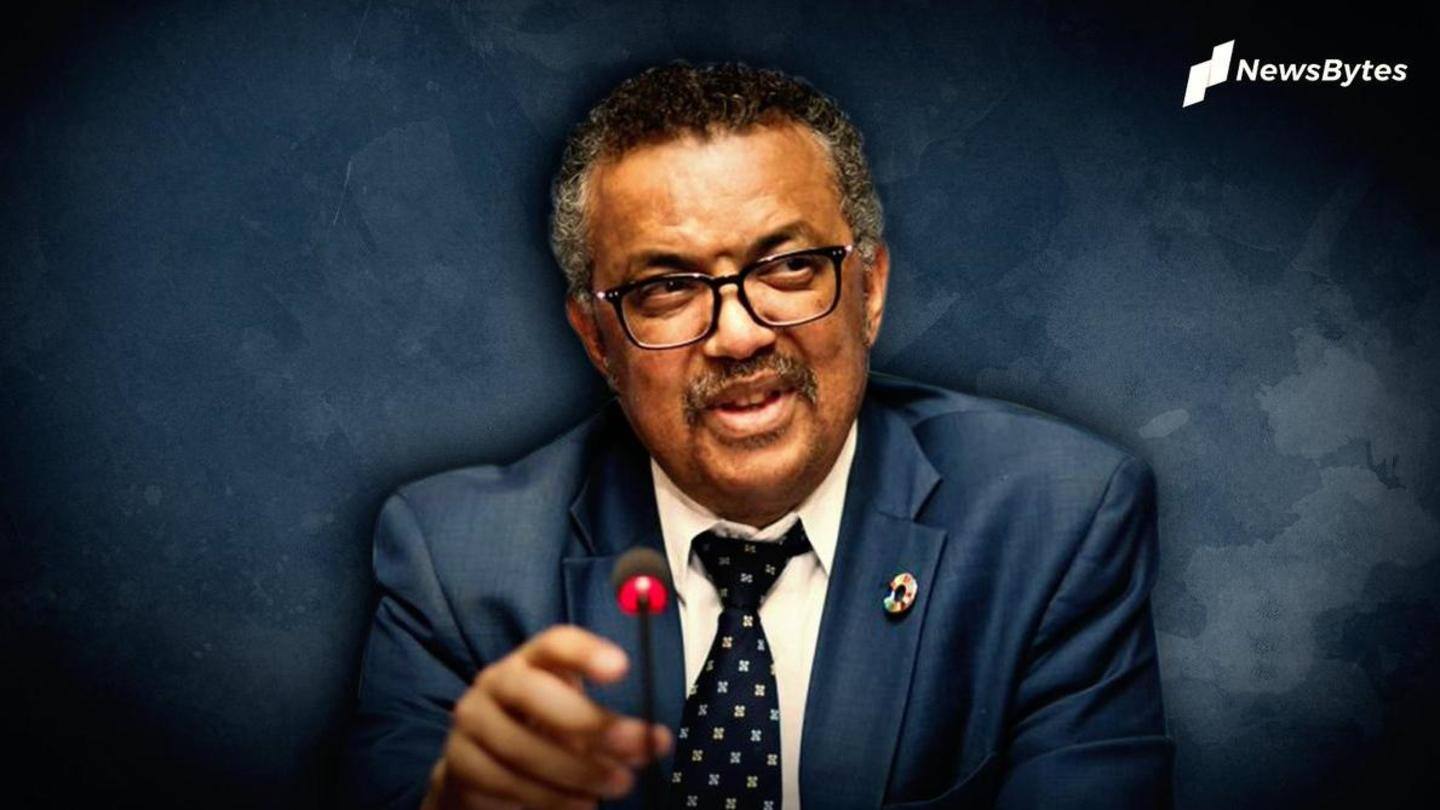
Coronavirus pandemic 'not necessarily the big one,' warn WHO experts
What's the story
While the coronavirus pandemic is severe, it is "necessarily not the big one," experts of the World Health Organization (WHO) have warned as they urged the world for greater preparedness for future outbreaks.
Notably, the coronavirus pandemic has been raging for nearly a year, during which, 81.3 million people have contracted the virus worldwide. Over 1.77 million have also died of COVID-19.
Details
'Coronavirus will likely become endemic'
WHO emergencies chief Michael Ryan said during a press briefing, "It has spread around the world extremely quickly and it has affected every corner of this planet, but this is not necessarily the big one."
Dr. Ryan said the virus will likely become "endemic"—regularly found among people, i.e., influenza—with a "very low-level threat in the context of an effective global vaccination program."
Information
'Need to get ready for something more severe'
Dr. Ryan said the virus is "very transmissible, and it kills people...its current case fatality (rate) is reasonably low in comparison to other emerging diseases." He added, "We need to get ready for something that may even be more severe in the future."
Preparedness
Far from being prepared for future pandemic: WHO senior advisor
WHO senior advisor Bruce Aylward said that while the world has made huge scientific progress during the coronavirus crisis, we are still far from being prepared to handle a future pandemic.
Noting that parts of the world have seen second and third waves of COVID-19, Aylward said, "While we are better prepared...we're not fully prepared for this one, let alone the next one."
Herd immunity
'Concept of herd immunity was misunderstood'
Meanwhile, Professor David Heymann, the chair of the WHO's strategic and technical advisory group for infectious hazards, said the concept of herd immunity was misunderstood.
Earlier, experts had hoped that if people developed immunity against the virus, the transmission rate would drop.
Heymann said the "destiny" of the virus is to become endemic, as it will continue to mutate while reproducing in human cells.
New strain
Time now to be really serious: WHO chief
WHO chief Tedros Adhanom Ghebreyesus said the world is now better equipped to handle future threats. However, he noted that it was "time now to be really serious."
Referring to the new, more infectious strain of COVID-19, he said scientists are working to conduct studies that will guide the next step.
The new variant has been found in over a dozen countries, including India.
Quote
'Must ensure countries aren't punished for sharing new findings'
"Only if countries are looking and testing effectively will you be able to pick up variants and adjust strategies to cope," the WHO chief added, "We must ensure that countries are not punished for transparently sharing new scientific findings."